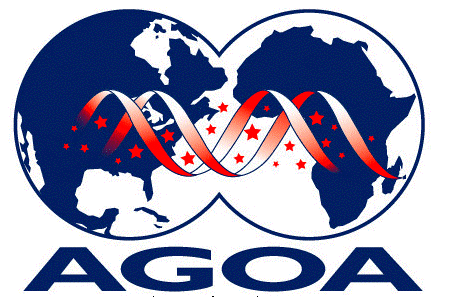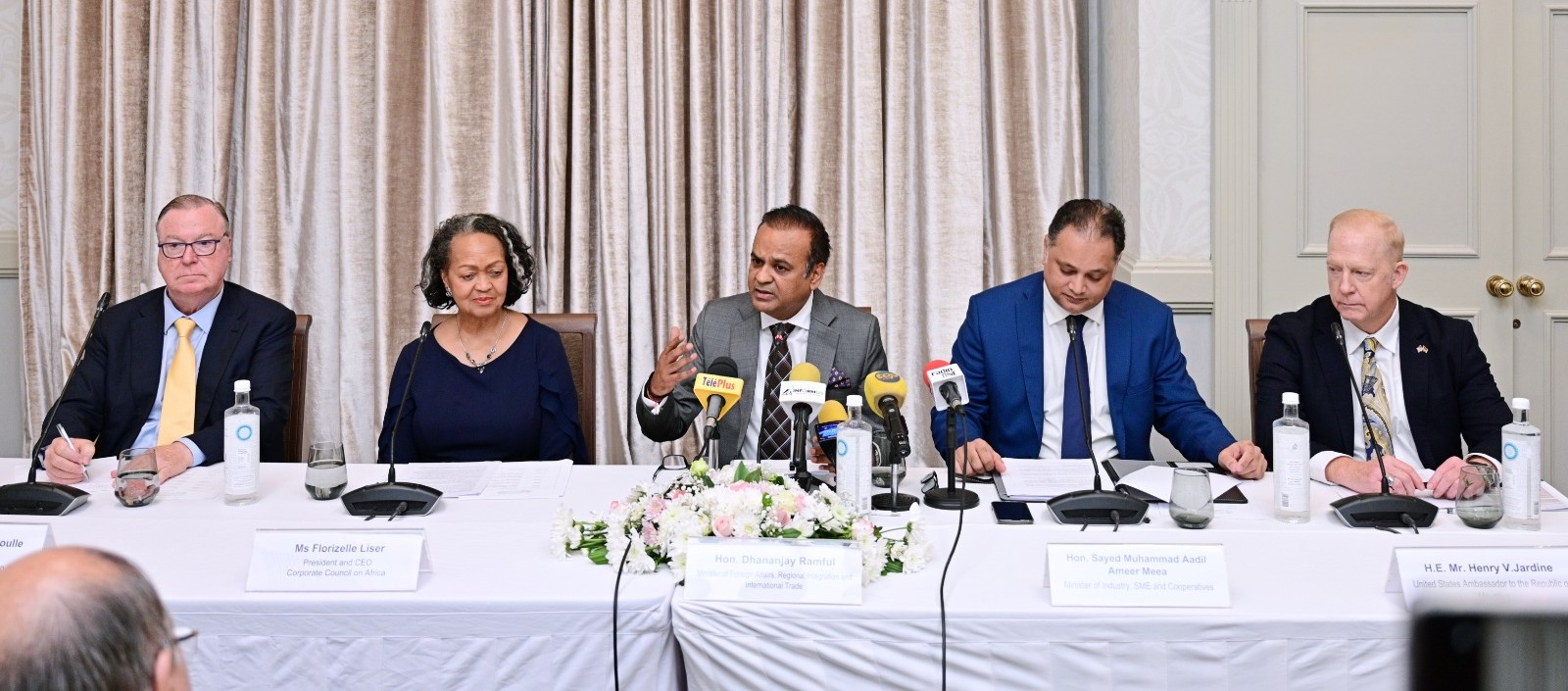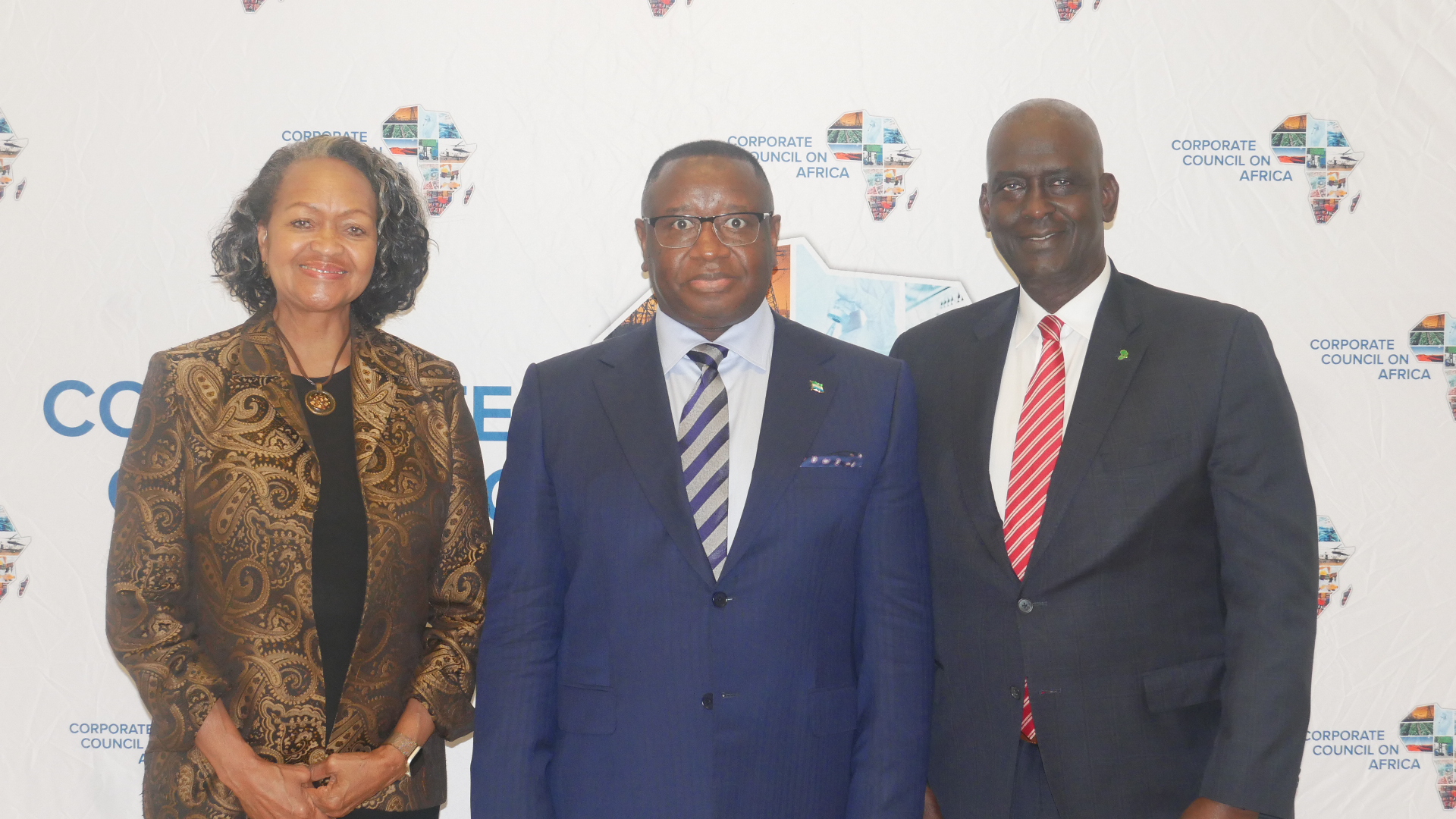U.S. Foreign Policy in Africa in a Post-COVID-19 World
On May 27, 2020, Corporate Council on Africa hosted a dialogue with Ambassador Tibor B. Nagy, Assistant Secretary, Bureau of African Affairs, U.S. Department of State, as part of our webinar series “Navigating the Impact of COVID-19”. Nagy noted the serious health and economic challenges facing Africa as it responds to COVID-19, including weak healthcare systems, food supply disruptions, and devastating impacts on export sectors (especially among oil producers), and tourism. COVID-19 could accentuate political instability, authoritarian tendencies, and security weaknesses in some countries. China has fueled indebtedness ($145 billion accumulated between 2000-2017) and sought to compromise cybersecurity and support authoritarianism. There are some hopeful signs too: the continent’s youthful population, large (more resilient) informal economy and relatively low urbanization may help mitigate the effects of COVID-19. Some African governments have responded well and the African Continental Free Trade Agreement remains on track, if delayed. The pandemic may spur more openness to business reforms and U.S. business opportunities in some areas such as ICT and e-learning. The USG has provided $270 million in COVID-19 assistance to Africa, kept all our embassies open, and helped evacuate some 15,000 American citizens from the continent. Nagy praised the “All of America” response to COVID-19, including from the US private sector, which has donated $4.3 billion globally.



